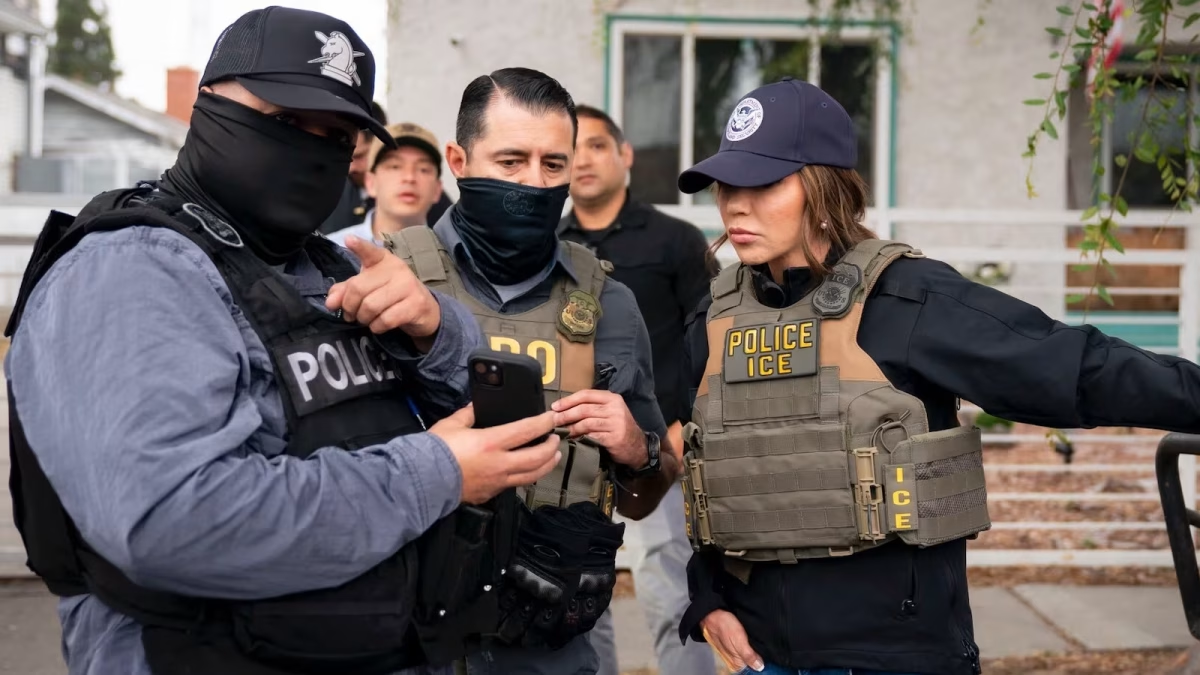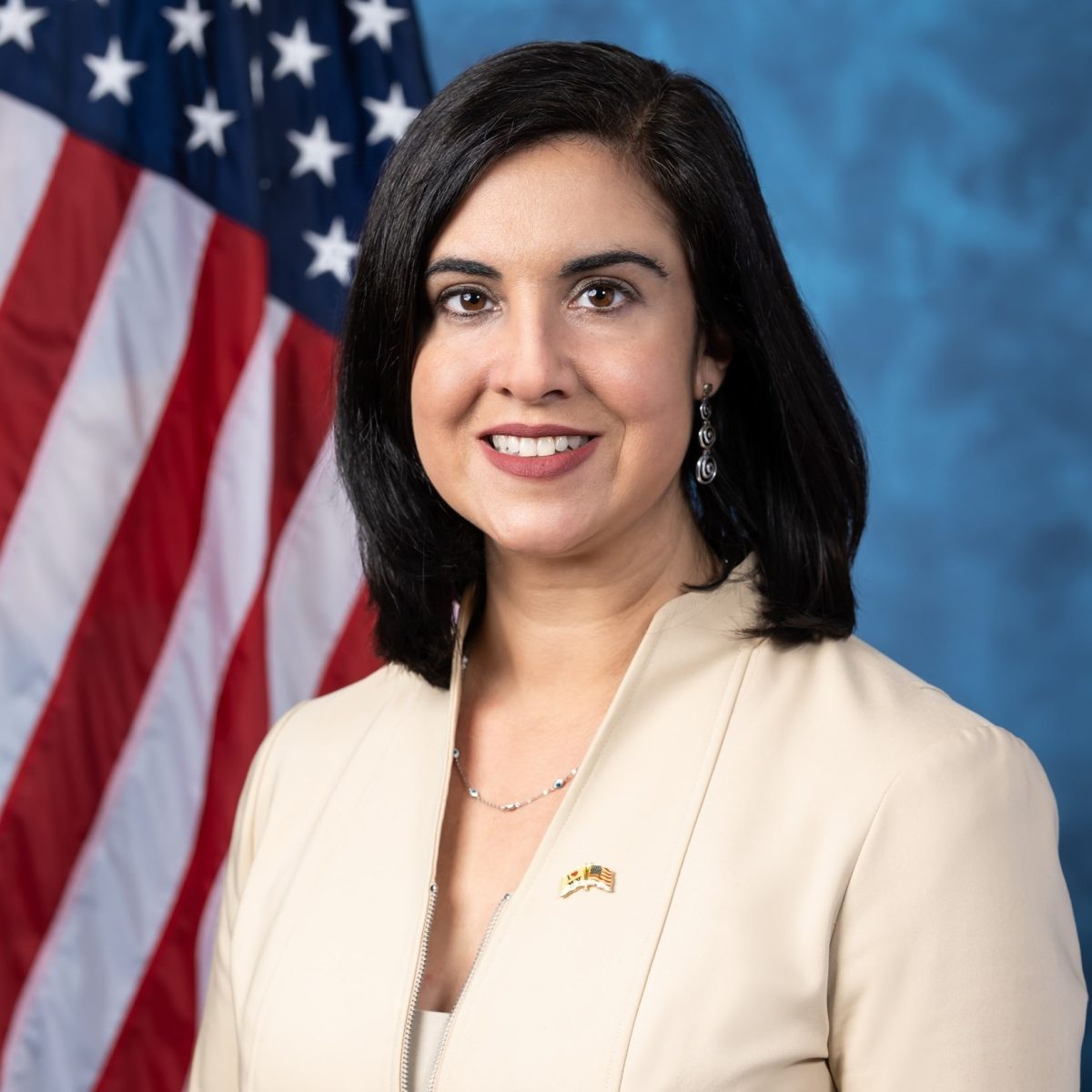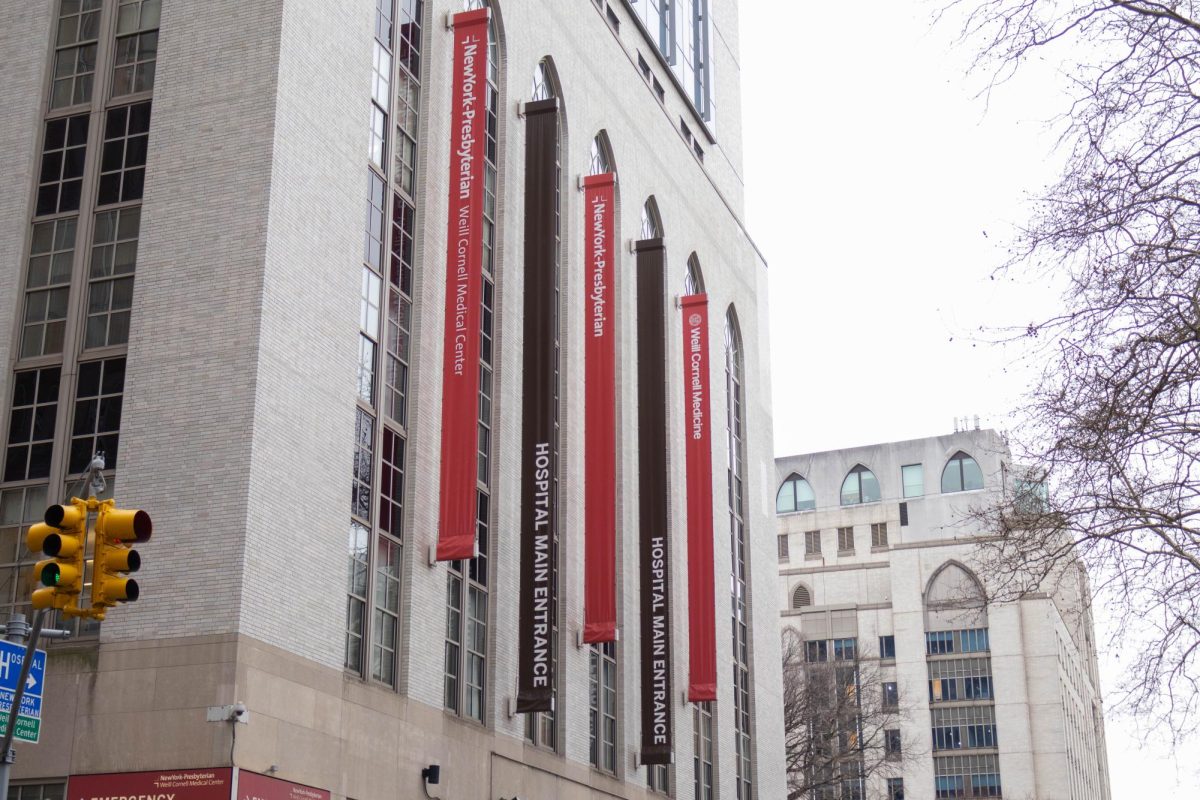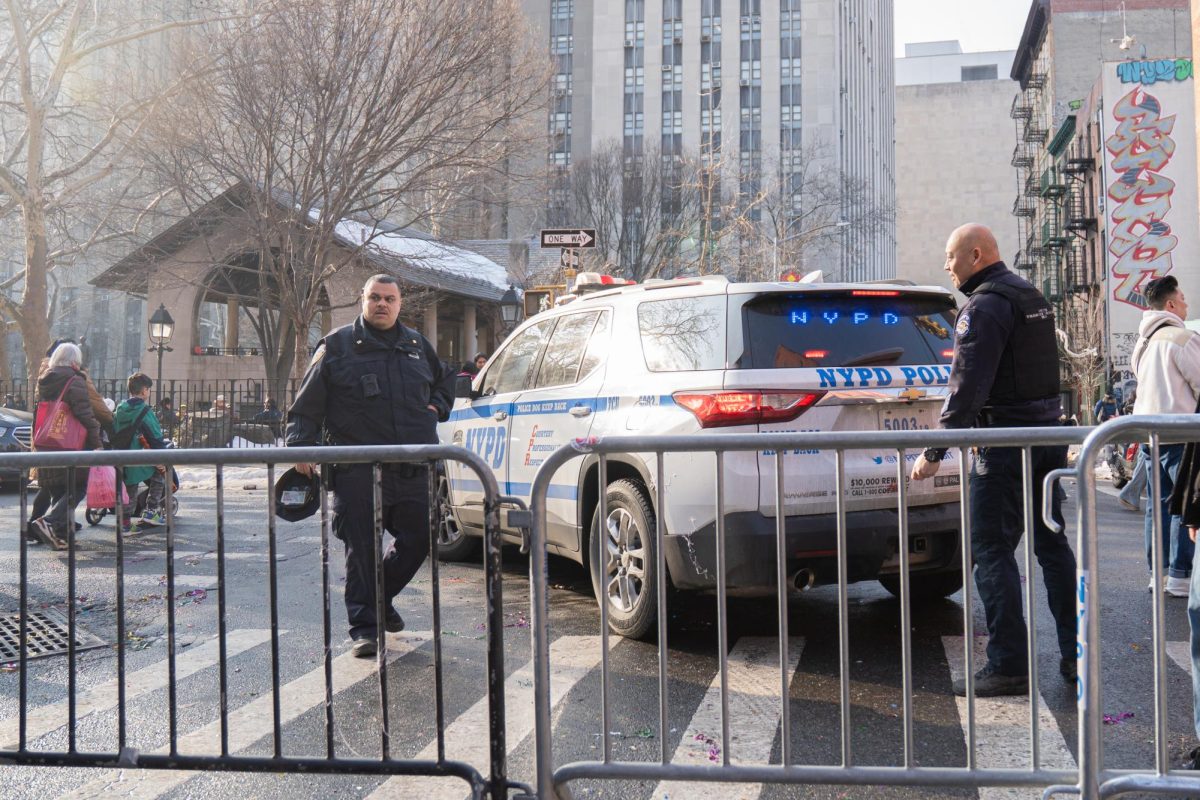The U.S. Supreme Court ruled in favor of federal agents’ use of linguistic and workplace profiling for immigration stops in Los Angeles on Sept. 8.
Though Associate Justice of the Supreme Court of the United States Brett Kavanaugh did not lead the majority opinion, he wrote a concurrence stating that a combination of factors, such as day labor pickup sites, speaking Spanish or with an accent, appearing to be Latinx and more, is enough to justify suspicion.
Justice Sonia Sotomayor and two other liberal Justices, Elena Kagan and Ketanji Brown Jackson, expressed strong dissent from the ruling.
“We should not have to live in a country where the Government can seize anyone who looks Latino, speaks Spanish, and appears to work a low wage job,” Sotomayor wrote.
Spanish is no stranger to Los Angeles, where over 3 million residents speak the language at home, making it the second most spoken language.
Even though the ruling overturned a previous California district court ruling, the order did not provide a detailed explanation for its decision, which has contributed to fears of immigrants nationwide.
Authorized and unauthorized immigrants alike will be impacted since the reasonable suspicion guidelines are generalizations that can apply to both groups.
Children of immigrants who speak Spanish as a heritage language might also be at risk.
Gustavo Arellano, a child of Mexican immigrants, is a columnist at the Los Angeles Times who wrote about carrying his passport despite being a U.S. citizen following the Supreme Court’s ruling.
Arellano mentioned that his father was authorized to be in the U.S. and described President Donald Trump’s anti-immigration declarations as mere exaggerations.
The Fourth Amendment of the U.S. Constitution protects people from unreasonable searches and seizures.
The question of what can be used as reasonable suspicion disturbs many people, as broad concerns about the Fourth Amendment persist.
Other opponents of the Supreme Court’s ruling, like Senior Reporter Marco Poggio at Law360, argue the court’s use of race or lack of contradictory prior rulings on racial neutrality when evaluating the issue of affirmative action.
Hypocrisy is not the only issue Poggio brought up. Past cases of immigrants or ethnic minorities being wrongfully detained, like Japanese internment camps, spark anxiety.
The American Immigration Council makes bolder oppositional claims, describing ICE practices as terrorizing families through racial profiling.
Going forward, immigration advocates and the Trump administration will continue to face each other in court since the ruling has not been finalized, as the Trump administration continues to push for less immigration.








